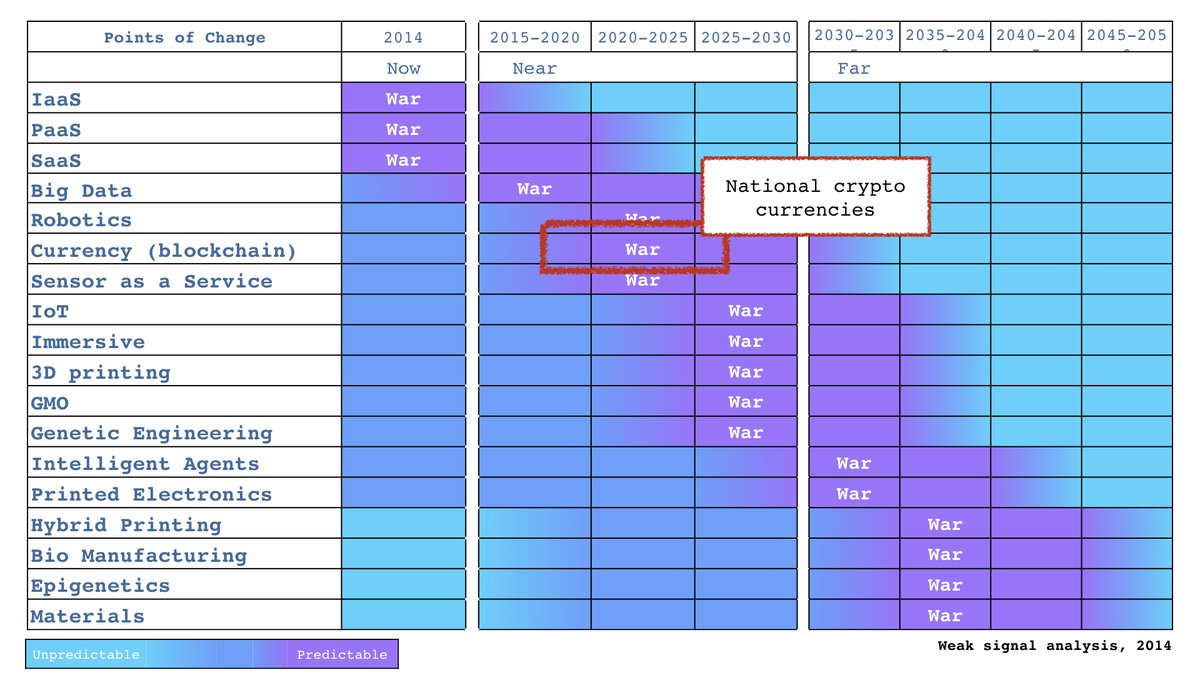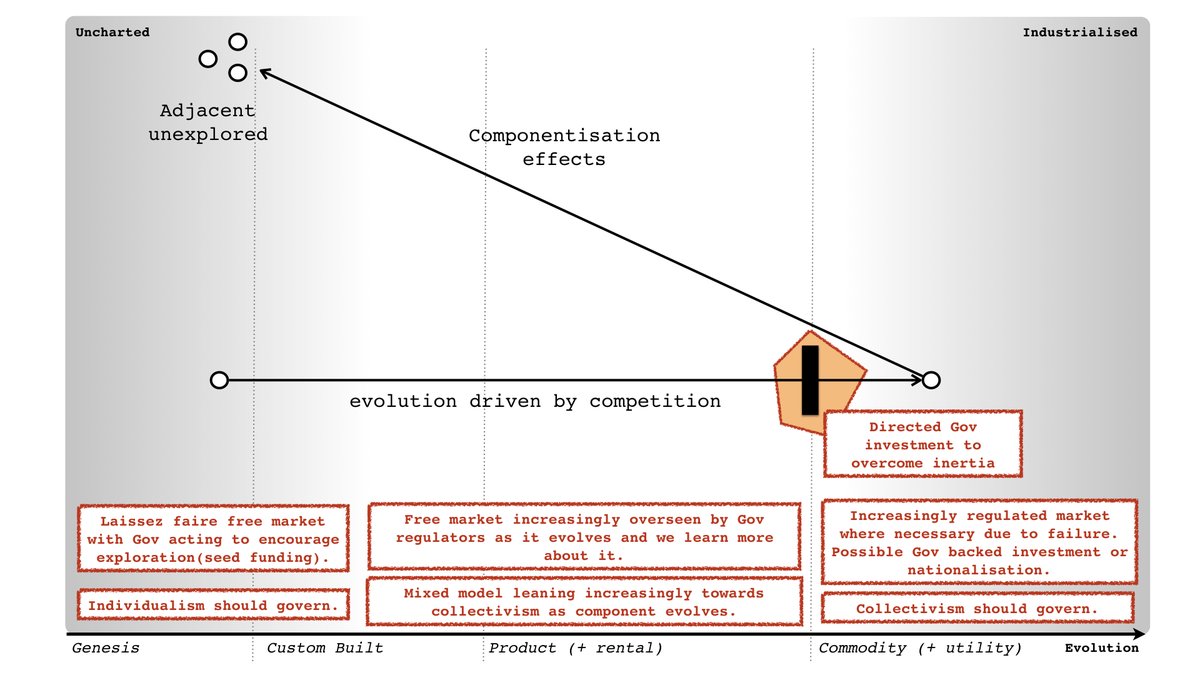Me: In a car, what really matters for efficiency is having the right direction.
X : That doesn't make sense, it's orthogonal, almost independent of direction.
Me : Car or company?
Me : Both are complicated and complex systems, it's just a question of degree.
X : Now, you're confusing me.
Me : Ok. Purpose is orthogonal to culture.
X : No, it's critical to it.
Me : Only in the same sense that the journey is critical to the car.
Me : I can use different cars to take the same journey?
X : Of course.
Me : I can create different company cultures for the same purpose.
X : But values are connected to purpose.
Me : They shouldn't be ...
Me : Well, that's not a problem with purpose or values. That's a problem with your communication. Don't worry, it's common. Most value statements contain a mass of operating principles dressed up as beliefs.
X : Explain?
X : What's wrong with that?
Me : It's not a belief. It's a universally useful principle, a thing we do. A belief is something like ... we believe in treating everyone like family.
Me : Well, it's a belief. It helps us as a collective describe what we agree with, what is good or not good. It's not a way of operating, an action, a principle and "treating everyone like family" is not a purpose either.





